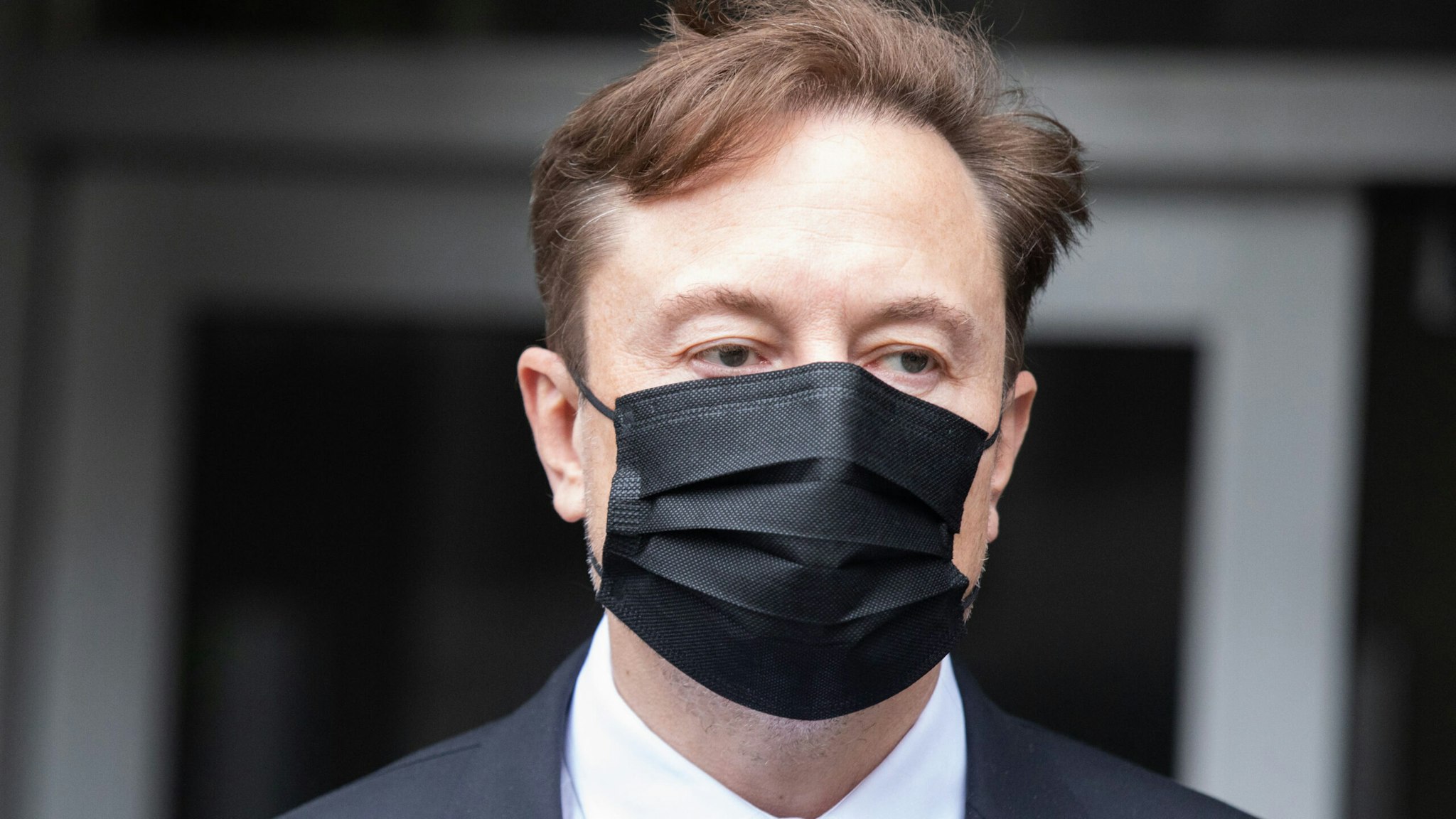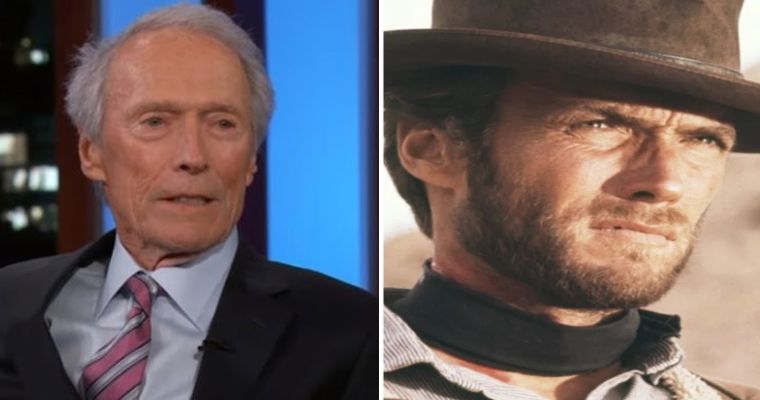A jury has cleared Tesla CEO Elon Musk of claims made by investors that he defrauded them several years ago when he tweeted that he was considering taking the company private.

Benjamin Fanjoy/Bloomberg via Getty Images
“Am considering taking Tesla private at $420,” Musk tweeted on August 7, 2018. “Funding secured.”

A federal jury in San Francisco rejected demands that the 51-year-old billionaire should have to pay billions of dollars in damages over the tweet.
Musk was present during the trial and took to the witness stand where he said that he had come to a handshake agreement at the time with Saudi Arabia’s Public Investment Fund to take the company private. He said that the Saudis later backed out of the deal.
“I had no ill motive,” Musk said. “My intent was to do the right thing for all shareholders.”
Adam Pritchard, a professor at University of Michigan Law School, said that the case is not likely to become precedent that changes how other executives exercise free speech online.
“Nobody does this — only Elon does this,” Pritchard said while complaining about Musk’s online speech. “He’s incorrigible. I don’t think his behavior can be reformed. There’s just too long of a track record of too much mischief.”
Following the verdict, Musk tweeted his appreciation for the jury: “Thank goodness, the wisdom of the people has prevailed! I am deeply appreciative of the jury’s unanimous finding of innocence in the Tesla 420 take-private case.”

Musk has taken a public company private before. When the billionaire purchased Twitter in late 2022, he took the company private, removing it from the stock exchange. Erik Gordon, Professor of Business at the University of Michigan, noted in a piece for The Conversation that public companies don’t frequently go private, but it does happen.
Some benefits of going private — from the standpoint of someone like Musk — might be that Twitter would no longer have to file reports with the Securities and Exchange Commission (SEC), and would have “few shareholders — sometimes just one,” among other pluses.
Source: dailywire.com





